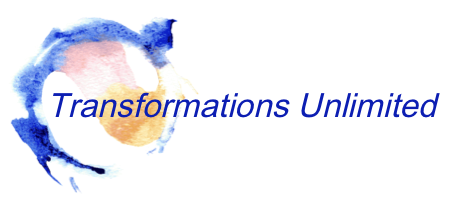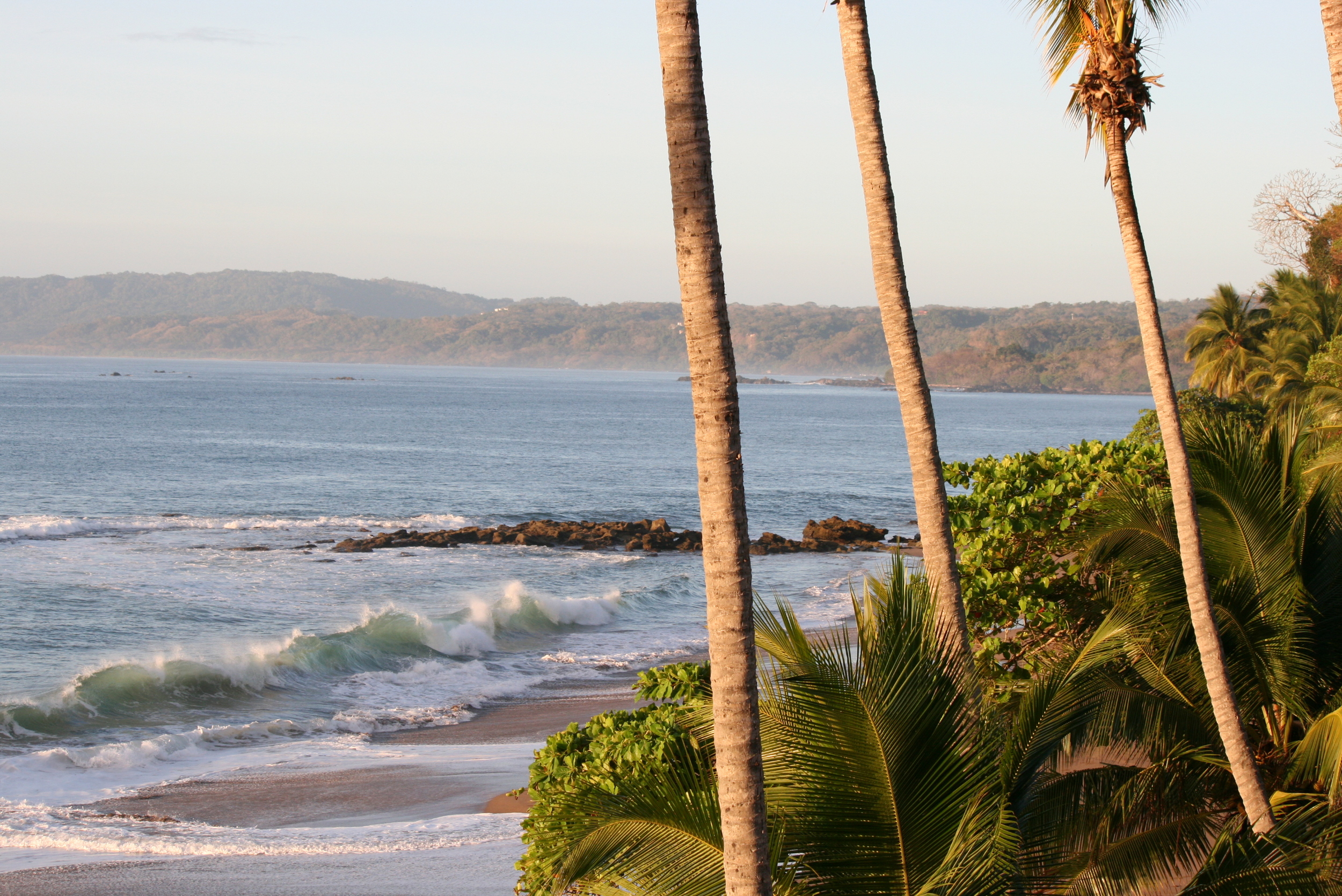BUCKET LIST FOR A BETTER WORLD
/One recent morning when Dave was experiencing enough spaciousness to let his mind wander, he found himself imagining a different kind of “bucket list.” Rather than asking, “What do I want to do before I die,” he was pondering the question, “Who do I want to be before I die?”
It is not too surprising that Dave was considering such a question, given that 1) he was facing surgery the following morning (he’s now fine); 2) neither of us is getting any younger; and 3) we are both quite curious about how our most recent work might specifically apply to people in our age group.
Our most recent work can most easily be described as a process of engaged conversations aimed at increasing self-awareness; strengthening relationships; and, heightening perspectives. We are currently calling the process “Practicing Wholeness,” given that we see it as a way to grow from selfness (concern for ourselves) to otherness (concern for our wider circle of family, friends and colleagues) to wholeness (concern for all life/the universe). Conversation topics include presence, courage, authenticity, compassion, generosity, humility and unity.
We believe that there is a great deal of urgency in these times around getting this process and this way of growing into our full maturity and potential as human beings out into the world. It’s hard not to recognize the urgency to know ourselves, to embrace others, and to be able to take multiple perspectives when we witness the breakdowns occurring all around us, all around the world.
Most of our focus in disseminating this information and using this process has been on the workplace. Given that most people spend most of their time at work, our thought is and has been that this is the context with the most potential for engaging people in a process of growth and maturity. However, we are increasingly drawn to thinking about how this work could reach older, primarily- or semi-retired people and what impact we might expect.
First and foremost, we are interested in how the Practicing Wholeness process could enrich the lives of older adults. Aiming to live one’s life with wholeness is, according to theorist Erik Erikson, a universal developmental stage. It is typically addressed in later adulthood, although It may also occur at other times in one’s life, especially in confronting issues of mortality. Erikson described the challenge at this stage of life as one between integrity and despair, and one that involves reflection, preferably with trusted others, on one’s life and career. When one’s life history is viewed with satisfaction and contentment, this stage of life can lead to wisdom, while unsatisfactory resolution at this stage can result in fear of death and depression.
This aspiration to live one’s life whole, especially as one ages, has been beautifully expressed by the philosopher Parker Palmer who writes about this process as bridging a gap between who we really are and the face we show the world – or what he calls our backstage and our onstage lives. Left unaddressed this gap can become a source of extreme pain. His own aspiration is to be able to say at the end of his life that “to the best of my ability, in the work I did, in the relationships I held, in the associations I had, and in the activities I engaged in, I was there as who I am. I was there with my best gifts. I was there with a sense of possibility. I was there with my own struggle and my own suffering. I was there honestly and truly and real in three dimensions.”
A second reason for our curiosity about how Practicing Wholeness with older adults might contribute to a better world is the influence that many of us have with the younger generation, including our own children and grandchildren. If we are able to successfully navigate the integrity vs. despair challenge as we age, those offspring will surely benefit. As Erikson wrote, “Healthy children will not fear life if their elders have integrity enough not to fear death.”
Third, as a circle process, Practicing Wholeness offers the opportunity for seniors to initiate and participate in conversations that lead to stronger relationships, which can be a powerful contributor to health, well-being and happiness. As Harvard researcher George Vaillant has confirmed, “the key to healthy aging is relationships, relationships, relationships.”
Check out the research here: https://news.harvard.edu/gazette/story/2017/04/over-nearly-80-years-harvard-study-has-been-showing-how-to-live-a-healthy-and-happy-life/.
Finally, those of us who are older have a golden opportunity, if not the responsibility, to influence the larger world. Given the challenges and complexities we are facing at every level of society and around the world, the need for mature adults who are consciously and actively growing toward wholeness is great. Organizations need people who are capable of facing the challenges of an uncertain global economy, and communities need people who can participate in strengthening public, educational, social and economic institutions in the places they live. Societies need people who can understand and address the complexity of problems we face, and the world needs people whose wisdom and insight give them the capacity for bringing about a world of peace and prosperity. Let our growing and giving begin!
If you or someone you know is interested in joining or initiating a Practicing Wholeness Circle, let us know at carole@transformunltd.com or send this blog on to others. We will provide everything you/they need to get these conversations started.
To learn more about Practicing Wholeness, check out our recent essay in the Kosmos Journal for Global Transformation here: http://www.kosmosjournal.org/reader-essay/accelerating-developmental-pathways-to-global-harmony/.

